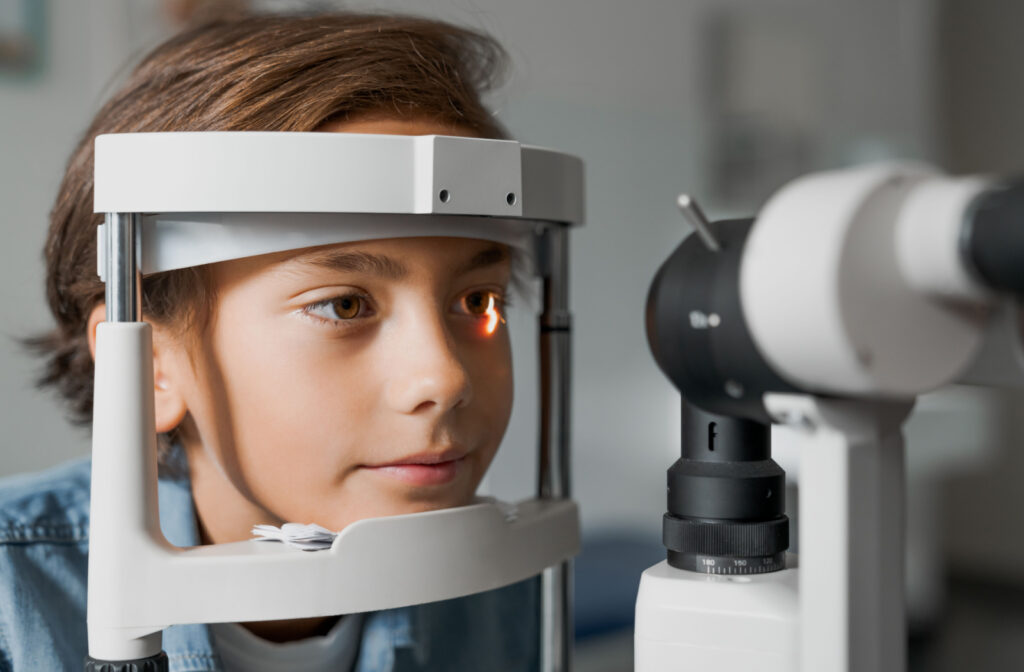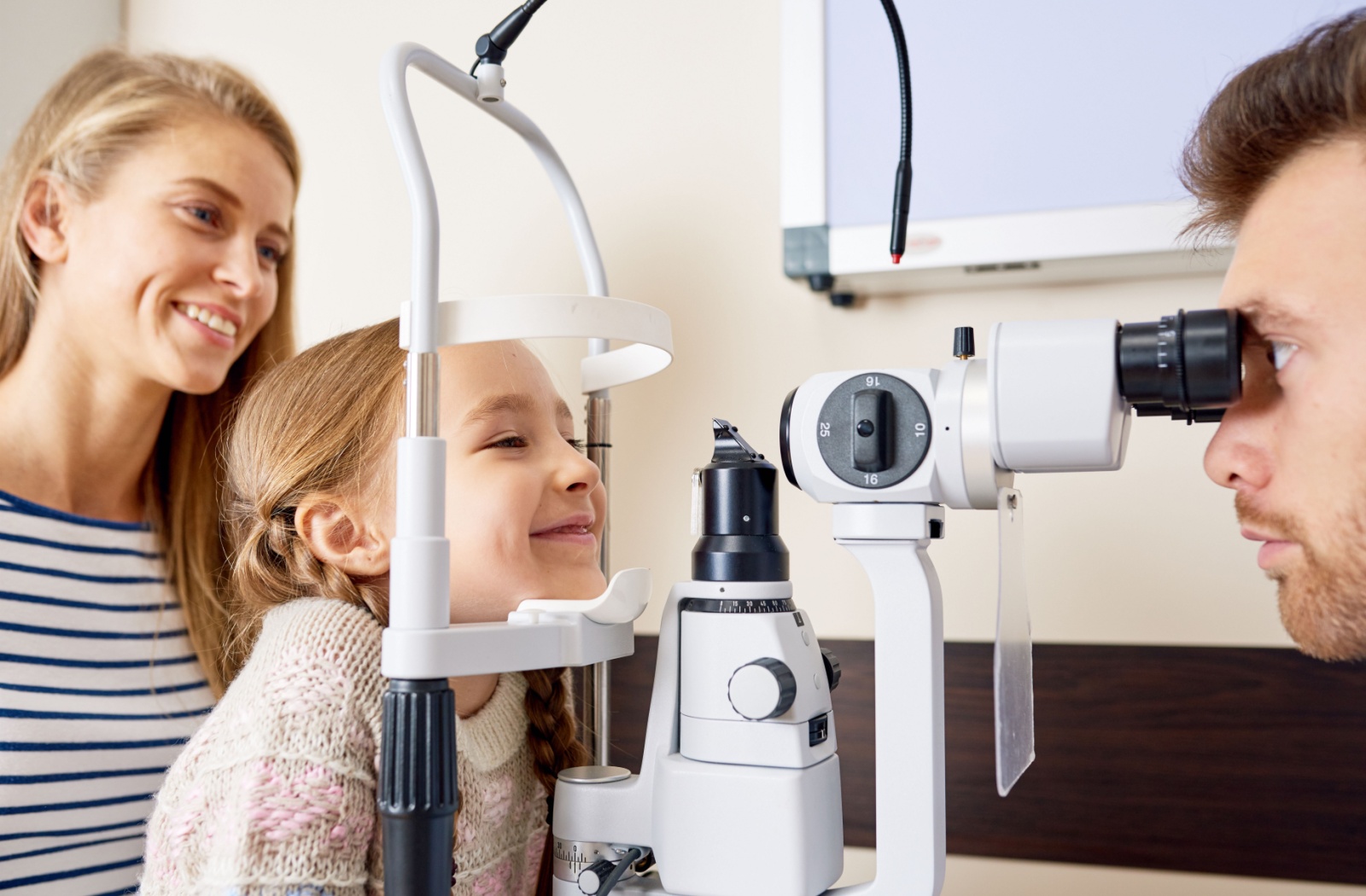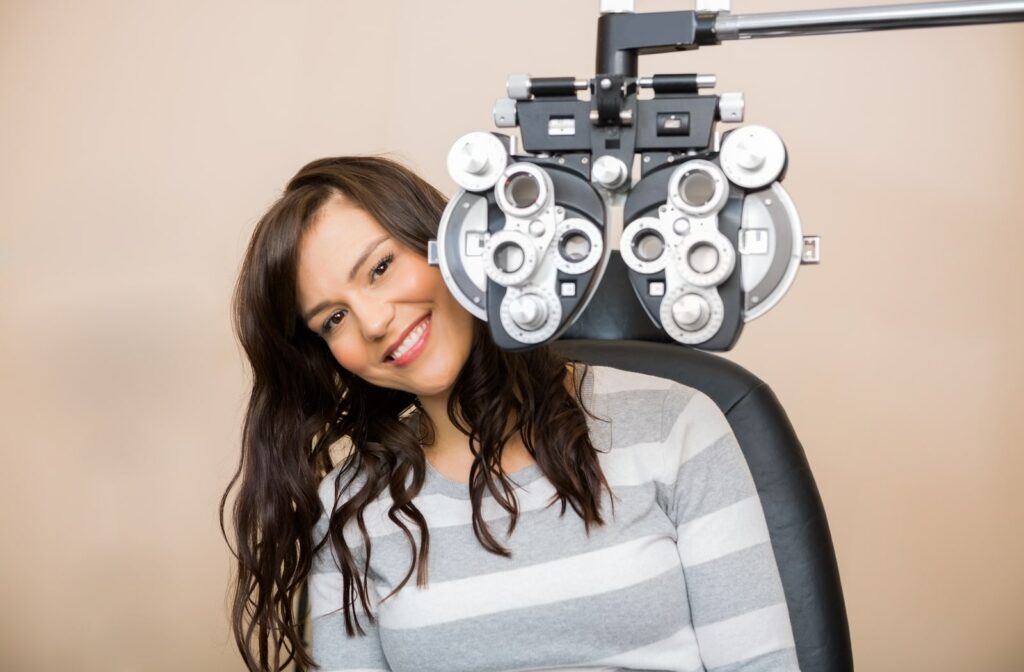All Categories
Featured

Managing persistent eye conditions can be a tough journey, yet with the ideal approach, clients can keep a high quality of life and protect their vision. Chronic eye problems such as glaucoma, macular deterioration, diabetic retinopathy, and dry eye illness typically need long-lasting management and constant care. The secret to effectively handling these problems lies in a mix of expert treatment, way of living changes, and normal monitoring.
- Regular Eye Examinations
Regular eye tests with an optometrist or eye doctor are necessary for keeping an eye on the development of persistent eye conditions. Early detection of changes can help take care of and stop additional vision loss. For example, conditions like glaucoma can be managed successfully if captured early, as treatment can slow down its progression. Individuals need to follow the timetable advised by their eye care experts, as normal exams can help catch any kind of problems prior to they get worse.
- Following Prescribed Therapies
Several chronic eye problems are manageable with drug, lifestyle changes, or a combination of both. Eye declines are commonly recommended to deal with glaucoma, while anti-VEGF injections may be recommended for macular deterioration.
- Diet and Nourishment
Correct nutrition plays an essential duty in maintaining eye health and wellness. For individuals with conditions like diabetic retinopathy or macular deterioration, consuming a balanced diet plan abundant in vitamins and antioxidants can help reduce condition progression. Foods abundant in omega-3 fatty acids, vitamin C, vitamin E, and zinc are specifically valuable for eye health. Consulting with a nutritional expert can aid people tailor their diet regimen to support eye health while taking care of various other aspects of their condition, such as blood sugar levels for diabetic patients.
- Safeguarding the Eyes

Patients taking care of chronic eye conditions should take actions to protect their eyes from additional strain or damage. Wearing sunglasses that block UV rays can aid shield the eyes from damaging sunshine, which can exacerbate conditions like cataracts or macular degeneration. Furthermore, preventing smoking is critical, as it can enhance the danger of a number of eye illness, including macular deterioration.
- Keeping Track Of Symptoms in your home
Keeping track of signs is another vital aspect of taking care of chronic eye conditions. People ought to be aware of any type of changes in their vision, such as blurriness, abrupt vision loss, or increased level of sensitivity to light, and report these changes to their physician. Making use of tools like an eye chart in your home or tracking visual disturbances can aid people remain aggressive in their care.
- Assistance and Education
Living with a persistent eye problem can be mentally and mentally exhausting. Expertise is power, and the more people understand concerning their problem, the better furnished they are to manage it successfully.
To conclude, managing persistent eye problems involves a holistic method that includes routine eye tests, adherence to prescribed treatments, keeping a healthy and balanced diet regimen, and shielding the eyes from extra damage. With the appropriate care and assistance, patients can efficiently handle their eye wellness and maintain their vision for several years to come.
Efficient Approaches for Taking Care Of Chronic Eye Conditions: A Client's Guide

Chronic eye problems such as glaucoma, cataracts, macular deterioration, and diabetic person retinopathy can considerably impact a person's quality of life. However, with a proactive approach and the appropriate resources, individuals can organize their eye wellness and prevent further issues. This guide provides functional strategies for properly handling persistent eye conditions.
- Early Medical Diagnosis and Consistent Tracking
One of the most important actions in managing a persistent eye condition is early diagnosis. By catching eye diseases in the very early stages, clients have a higher possibility of reducing down their development.
- Medication Management
Numerous chronic eye conditions can be managed or maintained through making use of prescription drugs. Eye goes down for glaucoma, for instance, aid minimize intraocular stress and avoid optic nerve damages. For diabetic person retinopathy, controlling blood glucose degrees with drug and way of living adjustments is essential. Abiding by prescribed treatments and never ever avoiding doses is vital for managing the condition efficiently. Clients ought to always connect with their doctor if they experience any type of side effects or difficulties in managing their medication program.
- Lifestyle Modifications
A healthy and balanced lifestyle is crucial for handling chronic eye problems. Routine workout, a well-balanced diet, and enough sleep add to overall health and can have a favorable effect on eye wellness. As an example, people with diabetes should focus on preserving steady blood glucose degrees to stop diabetic person retinopathy. Additionally, including nutrient-rich foods such as leafy greens, fish, and citrus fruits into the diet regimen can offer the required vitamins and minerals to sustain healthy vision. Preventing smoking and extreme alcohol usage can additionally minimize the threat of aggravating problems like macular deterioration.
- Safeguarding the Eyes from Outside Factors
Ecological aspects such as dirt, sunlight, and wind can worsen signs and symptoms of specific eye conditions. Putting on safety sunglasses with UV filters can secure the eyes from unsafe rays that add to cataracts or macular degeneration. Additionally, making use of man-made splits or lubricating eye declines can assist manage the signs of completely dry eye condition, which prevails among people with persistent eye conditions.
- Emotional and Mental Health And Wellness Support
Coping with a chronic problem can be stressful, and managing modifications in vision can lead to feelings of frustration or anxiety. Seeking psychological assistance from good friends, family, or even support system is a crucial component of handling persistent eye problems. Lots of clients additionally find it valuable to speak with counselors or psychological health experts to develop coping approaches for handling the emotional influence of their condition.
- Making Use Of Modern Technology
Improvements in innovation have given countless tools to assist patients take care of persistent eye conditions. Apps that track vision modifications, assistive tools for analysis or wheelchair, and reduced vision help can all improve life. Electronic magnifiers and text-to-speech tools are important for patients with macular deterioration. By welcoming available technologies, clients can maintain freedom and ease day-to-day activities.
In summary, taking care of chronic eye conditions involves a mix of early detection, effective therapy, way of living alterations, and emotional support. By staying watchful about eye health and wellness and making thoughtful choices, individuals can proceed to take pleasure in life with marginal disturbance from their problem. Normal interaction with doctor and a commitment to self-care are the structure of effective administration.
Latest Posts
Explore WyHy FCU – Top Benefits for Members
Published May 25, 25
1 min read
Find Outstanding Car Repair Care in Chicago – Quality Service Today
Published May 24, 25
1 min read
Boost Your Home's Outside with Weathercraft's Home siding Solutions
Published May 23, 25
1 min read